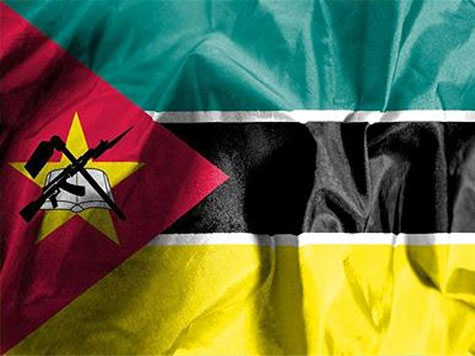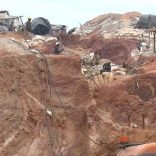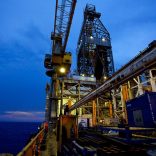Mozambique: IEA flags coal output risks from intense rainfall, climate change
Mozambique should create sovereign fund to manage gas revenues – Capital Economics

Consulting firm Capital Economics says Mozambique should create a sovereign fund to manage the gas revenues and fund infrastructure to diversify the economy.
John Ashbourne, the analyst who follows Mozambique at the firm, told Lusa in an interview:
“What we would like to see is a large part of the gas revenues managed by a sovereign fund, and more investment in infrastructures to help diversify the economy.”
Speaking in London, the analyst acknowledged that the process of economic diversification “is difficult for countries that are dependent on a single raw material”, citing Ghana as “a peaceful, well-governed democracy, and yet it has given a huge rise to civil servants, it has allowed the economy to destabilise, GDP has grown and then fallen back. If Ghana has struggled, there is little reason to be optimistic that Mozambique’s political system will be able to manage” the gas revenues any better.
“I am skeptical that they will succeed in managing revenues well,” he said, while acknowledging that “realistically, it is gas that will decide the future of Mozambique in the next five to 10 years”.
According to Ashbourne, “if the gas business moves forward and the country grows at 20 percent a year as the IMF predicts, the level of debt it now has will be relatively small compared to the size of the economy 10 years hence, which is why the level of public debt today is not so important”.
Asked about the short-term future, given the forthcoming disclosure of the Kroll audit report on the country’s hidden indebtedness, Ashbourne reiterated the importance of the content of the document and said that “a solution should be negotiated with creditors”, those who hold public debt securities and those who lent money to the two public companies that are not meeting financial obligations.
“I do not think they will default, but they will not be able to pay everything. There will be an intermediate solution, and it depends on what the creditors will accept, given that the negotiation is being done ‘en bloc’ and there is no common position of the lenders.”
Due to the lack of confidence in the financial figures presented by the country, “international institutions and creditors will be very hesitant to trust that the current situation is correctly portrayed because they have been deceived before. It is even possible that the Kroll report will reveal more hidden debt”, he concluded.












Leave a Reply
Be the First to Comment!
You must be logged in to post a comment.
You must be logged in to post a comment.